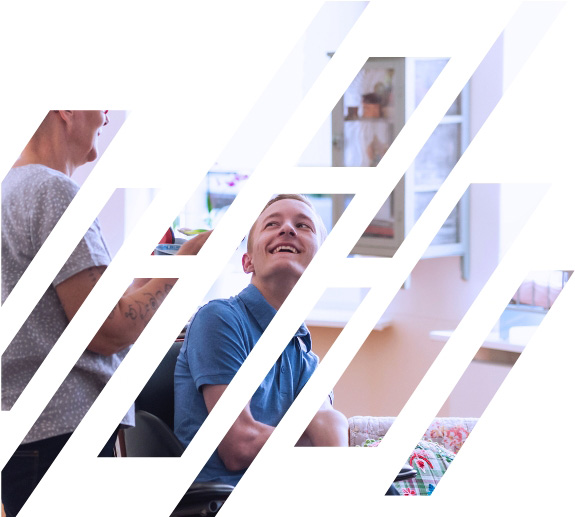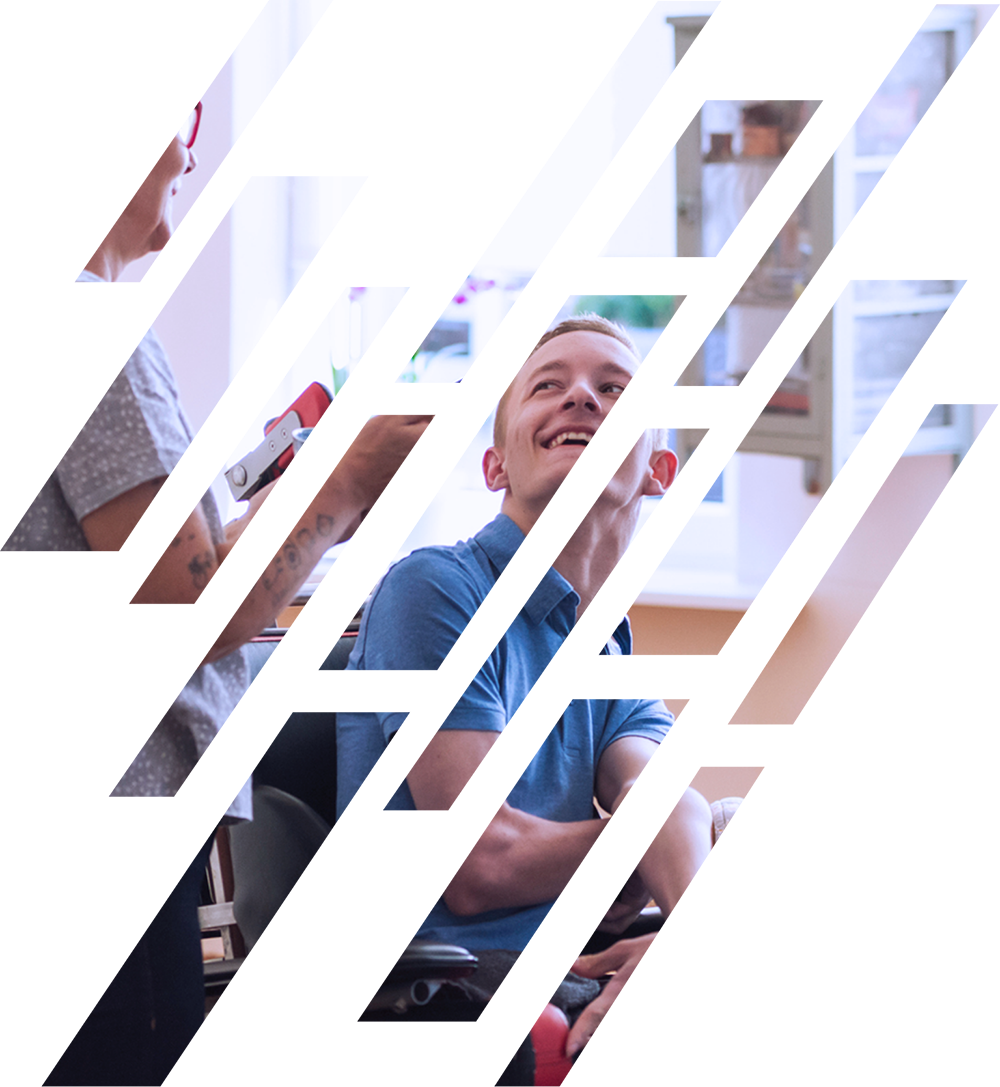What A Difference A Day Makes
MND24: the 24-hour global movement fighting Motor Neuron Disease this March
DISCOVER MOREacf domain was triggered too early. This is usually an indicator for some code in the plugin or theme running too early. Translations should be loaded at the init action or later. Please see Debugging in WordPress for more information. (This message was added in version 6.7.0.) in /home/hjunhbvkn8vw/domains/mnd24.com/html/wp-includes/functions.php on line 6131Motor Neuron Diseases (MNDs), also known as Amyotrophic Lateral Sclerosis (ALS), are a group of progressive neurological disorders that destroy motor neurons, the cells that control skeletal muscle activity such as walking, breathing, speaking and swallowing.


An incredible show of support in our first year. Unfortunately, we also had many events cancelled last minute due to the issues we have all faced around the Covid-19 pandemic.
Unofficial World Record in Cuba, where Salsa Dancers performed for 24 hours and 24 minutes.
Ex-Springbok and Natal Shark legend John Allan led the way with mountain biking and golf in Durban; we had 24 dune buggies driving through the beautiful Western Cape in Cape Town; and two talented ladies knitted for 24 hours to make blankets for babies in ICU, proving that any 24-hour activity is possible!
MND24’s founder Sandy Stirling led a team of cyclists on a 24-hour cycle around Dubai’s Al Qudra desert, clocking up a whopping 586 kilometers, where more than 250 supporters came to cheer the riders on in their challenge.
In MND24’s founding city of Dubai, many companies took the opportunity to enjoy a little team bonding after Covid-19 social distancing restrictions were lifted, organising fundraising cooking, pool, beach volleyball, sailing, paddle tennis, training, running and foosball events. It was fantastic to see so many kids getting involved with the cause, playing football, rugby and paddle boarding around the Burj Al Arab to raise awareness for the cause.
Other events included surfing (Scotland), walking (Germany and Ireland), Netflix-watching (Hong Kong), trekking (Bali), spinning (USA), skiing (France) running (Monaco and Saudi Arabia), golf (Australia, Portugal and Spain), handball (France), rugby (Singapore and England), cocktail making (Turks and Caicos), cycling (Australia and Scotland) and music playing (Scotland).
It really can be any activity, done anywhere, highlighted most poignantly by the lady who undertook 24 hours of silence in her own home, in support of her mum, who had MND and lost the ability to speak. It’s really as simple as that.
Raise awareness and vital funds for research into Motor Neuron Disease and care for those living with MND.
Collectively move us closer to our goal of helping find a cure for a disease that is hard to diagnose, impossible to predict and is currently incurable.
With the aim to complete this for a total of 24 hours, any day in March 2024.
You can do this on your own or in a group.
Set up an online fundraising page through an existing platform such as Just Giving, GoFundMe or Donor Box which links directly to your partner charity.
Follow @mnd24worldwide and register at the link in the Bio.
The MND24 team will support with:
Introductions to charity partners or potential supporters.
Take and post coverage of your preparation and training on your social media channels.
Tag @mnd24worldwide and use the hash tags #mnd24ww #mndworldwide #marchformnd24 #mnd24ambassador so we can shout about what you are doing.
A brand pack with logos and designs to use for everything from your website to participant’s kit
A global platform to shout about your event, charity, and sponsors
Introductions to charity partners or potential supporters
Normally, messages or signals from nerve cells in the brain – the upper motor neurons – are transmitted to nerve cells in the brain stem and spinal cord – the lower motor neurons – and from them to muscles in the body. Upper motor neurons direct the lower motor neurons to produce muscle movements.
When the muscles cannot receive signals from the lower motor neurons, they begin to weaken and shrink in size. The muscles may also start to spontaneously twitch.
When the lower motor neurons cannot receive signals from the upper motor neurons, it can cause muscle stiffness and overactive reflexes. This can make voluntary movements slow and difficult. Over time, individuals with MNDs may lose the ability to walk or control other movements.
As you are reading this, someone has been diagnosed with MND.
Genetic, where it is inherited, or sporadic, where there is no family history of the disease, MND affects each individual differently and can have a devastating effect on family and friends, with lives turned upside down by the diagnosis and despite years of research into the disease, Motor Neuron Disease currently has no cure.